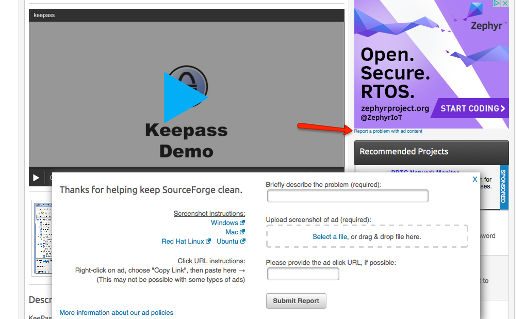Civil disobedience gets its due with the creation of a special award that was announced at last week’s Forbidden Research symposium at MIT.
News & Analysis
As one whose early early political education, after I was old enough to quit listening to my father and think for myself, came largely from the various civil disobedience factions in the 1960s, it’s heartening to see that disobedience now has an award. So far it’s one off, but if successful might be repeated and perhaps be awarded annually. The award will also offer the recipient more than mere accolades, as it’s attached to a $250,000 prize.
Christine Hall has been a journalist since 1971. In 2001, she began writing a weekly consumer computer column and started covering Linux and FOSS in 2002 after making the switch to GNU/Linux. Follow her on Twitter: @BrideOfLinux




 The announcement came about an hour ago via a
The announcement came about an hour ago via a 


 The review on Distrowatch was part of a one time trade that had Distrowatch’s Jesse Smith writing a
The review on Distrowatch was part of a one time trade that had Distrowatch’s Jesse Smith writing a 

